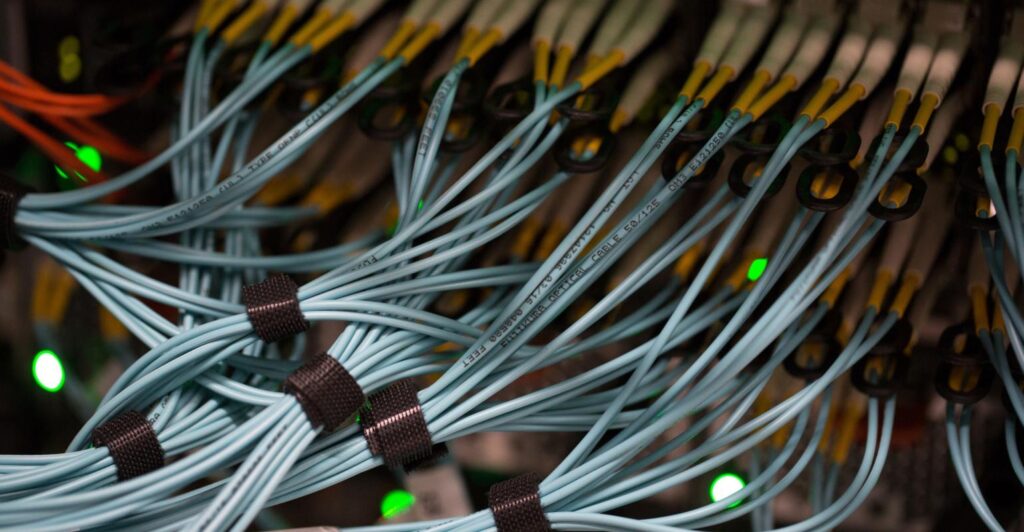Since the country’s economy has been placed under strain by US sanctions, China wants to increase its computing power by over a third in a span of just three years. This initiative will hopefully help local suppliers and increase technological independence.

As stated in a joint statement from numerous organizations, which includes the Ministry of Industry and Information Technology, the second-biggest economy in the entire globe is aiming for more than 300 exaflops of computing capability throughout its tech industry by 2025, up from 220 this year. This objective is Beijing’s newest effort to build a digital network to boost a lagging economy.
In the next two years, China also intends to construct 20 more smart computing facilities. In the years leading up to 2025, larger optical networks and more sophisticated data storage will be constructed, according to the authorities.
According to them, the increased processing capacity would benefit industries including manufacturing, teaching, financial services, health care, transportation, and energy.
“China plans to strengthen the synergy in the industry and safeguard the supply chain by developing controllable solutions and encouraging the use of home-grown, reliable software,” the statement read.
finance.yahoo.com
The authorities emphasized that a crucial component of this framework development is supply chain security.
The United States has tightened restrictions on high-end goods being sent to China, such as cutting-edge processors like Nvidia Corp. that are essential for developing artificial intelligence (AI) models. As the tech battle drives Beijing to focus on an American-free supply network, the Asian nation is now encouraging the use of home-made IT products ranging from operating systems to memory chips for storage.
The two companies most involved in developing indigenous technology are Semiconductor Manufacturing International Corp. and Huawei Technologies Co., both of whom the US has banned. The pair’s success in creating a sophisticated processor for Huawei’s most recent handsets has energized the effort overall and cast doubt on the efficacy of Washington’s restrictions on China.
Also Read: Apple’s Challenge for the Next Vision Pro: Making It Easier to Wear
“China has found that traditionally, every 1 yuan invested in computing power has driven 3-4 yuan of economic output,” Akshara Bassi, senior research analyst at Counterpoint, told CNBC via email. “The investments echo China’s plans to drive economic output through leadership in technology prowess and integrating AI with existing technologies and solutions across all industries and domains.”
cnbc.com
China aims to concentrate on sectors like memory storage and data transmission networks as part of its drive into computing, and it also has plans to expand its data center infrastructure. For cloud computing players to expand their presence, they are necessary.

I am a student pursuing my bachelor’s in information technology. I have a interest in writing so, I am working a freelance content writer because I enjoy writing. I also write poetries. I believe in the quote by anne frank “paper has more patience than person